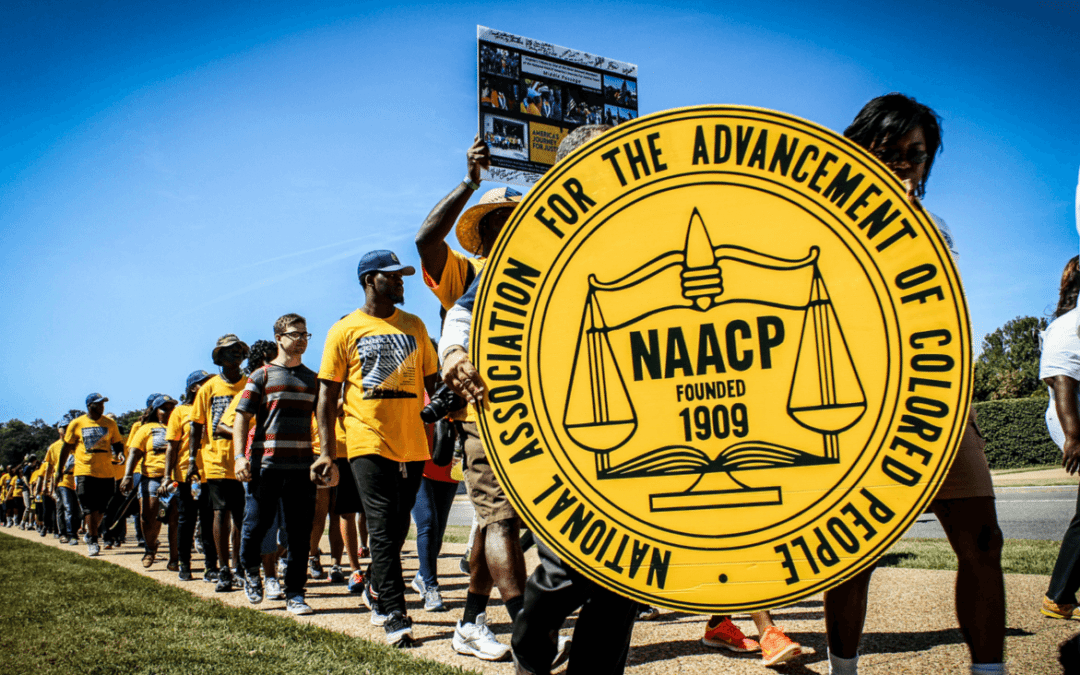Contact: Malik Russell/ [email protected]
NAACP Concludes Historic Nationwide Listening Tour, “NAACP Forward”
NAACP Visits Seven Cities to Hear Members’ and Stakeholders’ Suggestions for Future Civil Rights Activism
BALTIMORE (December 8, 2017) – With its seventh and final stop in Washington, D.C. this week, the NAACP has concluded its historic nationwide listening tour, NAACP Forward. From August to December 2017, NAACP President and CEO Derrick Johnson and Chairman Leon W. Russell traveled to cities in each of the Association’s seven regions to engage members, supporters, partners, and allies in conversations that will inform the Association’s strategic planning process.
We visited Detroit, MI; Niagara Falls, NY; Los Angeles, CA; Nashville TN; Des Moines, IA; San Antonio, TX; and Washington, DC. Chairman Russell and President Johnson also attended numerous state conferences throughout the fall to speak with and hear from leaders and members. Along with public meetings that gathered hundreds of community members, NAACP Forward included smaller discussions with local leaders and stakeholders. The listening tour welcomed representatives from trade unions, Panhellenic organizations, elected officials and law enforcement, clergy, and other nonprofit community organizations. Several common themes emerged across all conversations, including educational equality, criminal justice, voter education and mobilization, affordable housing, and youth engagement. Members and allies at each stop had concrete suggestions for strengthening the NAACP’s infrastructure and advancing the Association’s Game Changers.
“As the nation’s premier grassroots, membership-based organization, we deeply respect the wisdom of our constituents,” said Derrick Johnson, NAACP president and CEO. “We are so grateful for the warm welcome that we received in all seven cities and for the candor and compassion displayed in each session. The insights shared will critically inform the Association’s strategic planning process and its policy and organizational priorities in the years ahead.”
The NAACP will continue to welcome feedback from the public on its website. Individuals are welcome to submit suggestions for the Association’s civil rights strategy through an online form.
ABOUT THE NAACP:



